Confucianism and its influence today
2014-10-10 09:57:08
(Chinaculture.org) By Wen Yi

|
Confucianism, developed from thoughts by Confucius during the Spring and Autumn Period (770-476BC), is an ethical and philosophical system which has become an influential part of Chinese culture. As Sept 28 marked the 2,565th birth anniversary of Confucius, let's take a look at Confucianism and its influence on people today.
|

|
Confucianism was first set up by Confucius (551–479BC) and later was developed by philosophers, including Mencius, Dong Zhongshu, Wang Yangming and others.
|
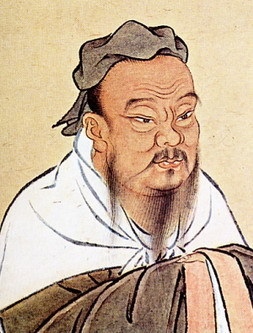 Confucius
Confucius |
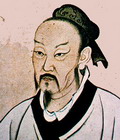
|
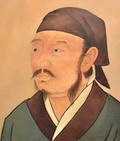
|

|

|

|
|
Mencius
|
Xun Zi
|
Dong Zhongshu
|
Wang Yangming
|
Gu Yanwu
|
|

|

|

|
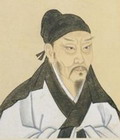
|
and more...
|
|
Zeng Zi
|
Zi Si
|
Zhu Xi
|
Si Maguang
|


|
Confucian ethics is characterized by the promotion of virtues, encompassed by the Five Constants, or the Wuchang (五常): humanness, righteousness, proper rite, knowledge, and integrity. Its gentleman, or junzi, philosophy has become the standard of many Chinese people, especially intellectuals.
|
|

|

|

|

|

|
|
Humanness
|
Righteousness |
Proper Rite |
Knowledge
|
Integrity
|

|
After Confucianism gained a supreme position in the Han dynasty more than 2,000 years ago, its influence penetrated all walks of life and all streams of thought in Chinese society for the generations to come.
|
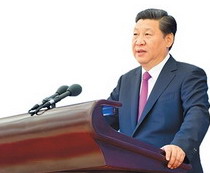 |
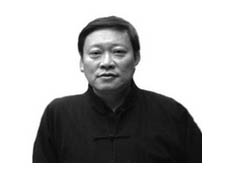
|
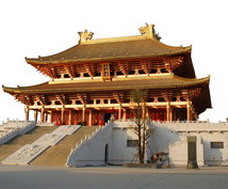 |

|
|
Official
In Sept, President Xi Jinping became the first Chinese president to address an international meeting on Confucius.
|
Scholar
Kung Peng-cheng, a visiting professor at Peking University, has always dreamed of seeing the revival of Confucianism.
|
Ordinary People
The ceremony dedicated to Confucius is held annually at Confucius temples throughout China on Confucius’ Birthday.
|
Children
Bundled in gray robes and seated on round red cushions, dozens of children in a Wuhan classroom are chanting the old Confucian analect.
|

|
Confucianism means a lot not only to China, but also to the world. In 1988, 75 Nobel prizewinners said that if mankind is to survive it must go back 25 centuries in time to tap the wisdom of Confucius.Today, extracts from Confucianism are frequently quoted by foreign dignitaries in their speeches or talks.
|

|
People around the globe can have access to Confucius ideas in Confucius Institutes and Chinese Culture Centers abroad. The institutes and centers serve as non-profit public institutions to help foreigners better understand China through language teaching and culture introduction.
|
 |
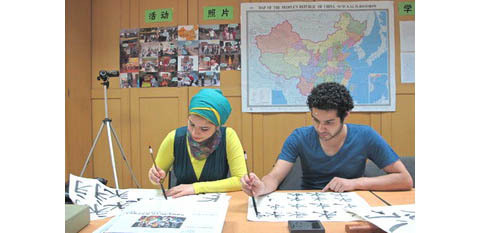 |
|
Confucius Institutes
To date, China has opened 465 Confucius Institutes in 123 countries and regions. There are also 713 Confucius Classrooms operating in middle and primary schools.
|
Chinese Culture Centers
Chinese Culture Centers in Cairo, Paris, Berlin, Tokyo and Denmark, to name a few, are introducing China by opening training classes, building libraries, and holding cultural activities.
|
Editor: Wen Yi
|
